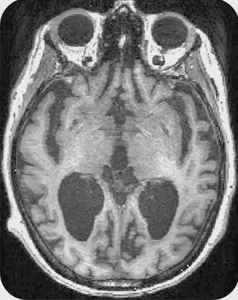Overview
- A Nature Communications study led by University of Cambridge researchers re-examined the 2018 AMARANTH trial and found that slow-progressing patients on lanabecestat saw a 46% reduction in cognitive decline versus placebo.
- The machine learning model trained on ADNI biomarkers—including PET and MRI measures of beta-amyloid, ApoE4 status and grey-matter density—achieved 91% accuracy in classifying progression speed.
- The original Phase II/III AMARANTH trial, sponsored by AstraZeneca and Eli Lilly, was halted after missing overall efficacy endpoints in an unstratified population.
- Model-driven patient stratification could cut required sample sizes and trial costs by targeting individuals most likely to benefit from interventions.
- NHS Innovation East England has begun backing efforts to embed the AI stratification approach into dementia trial design and routine clinical care pathways.
